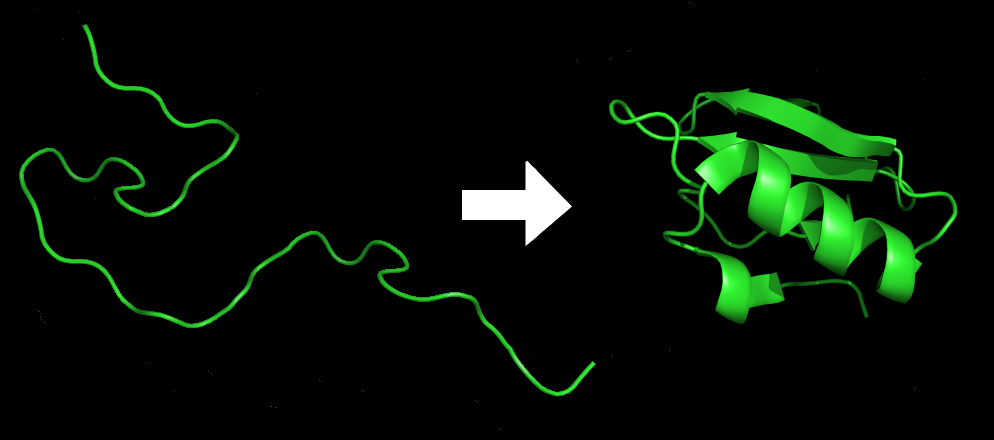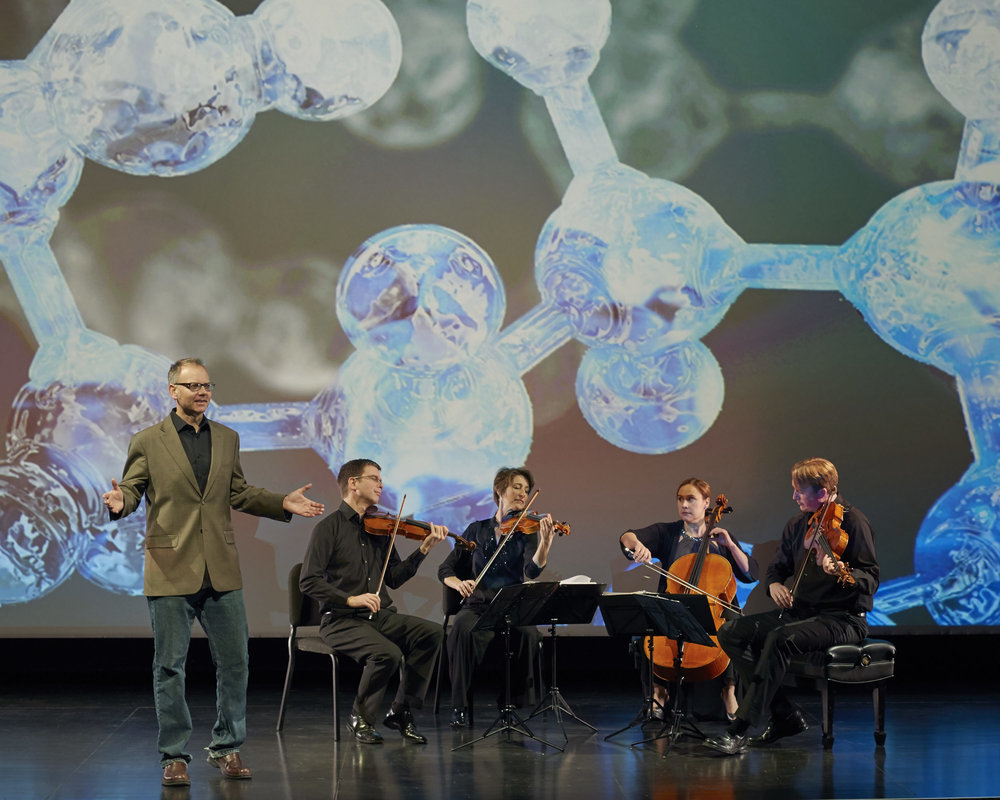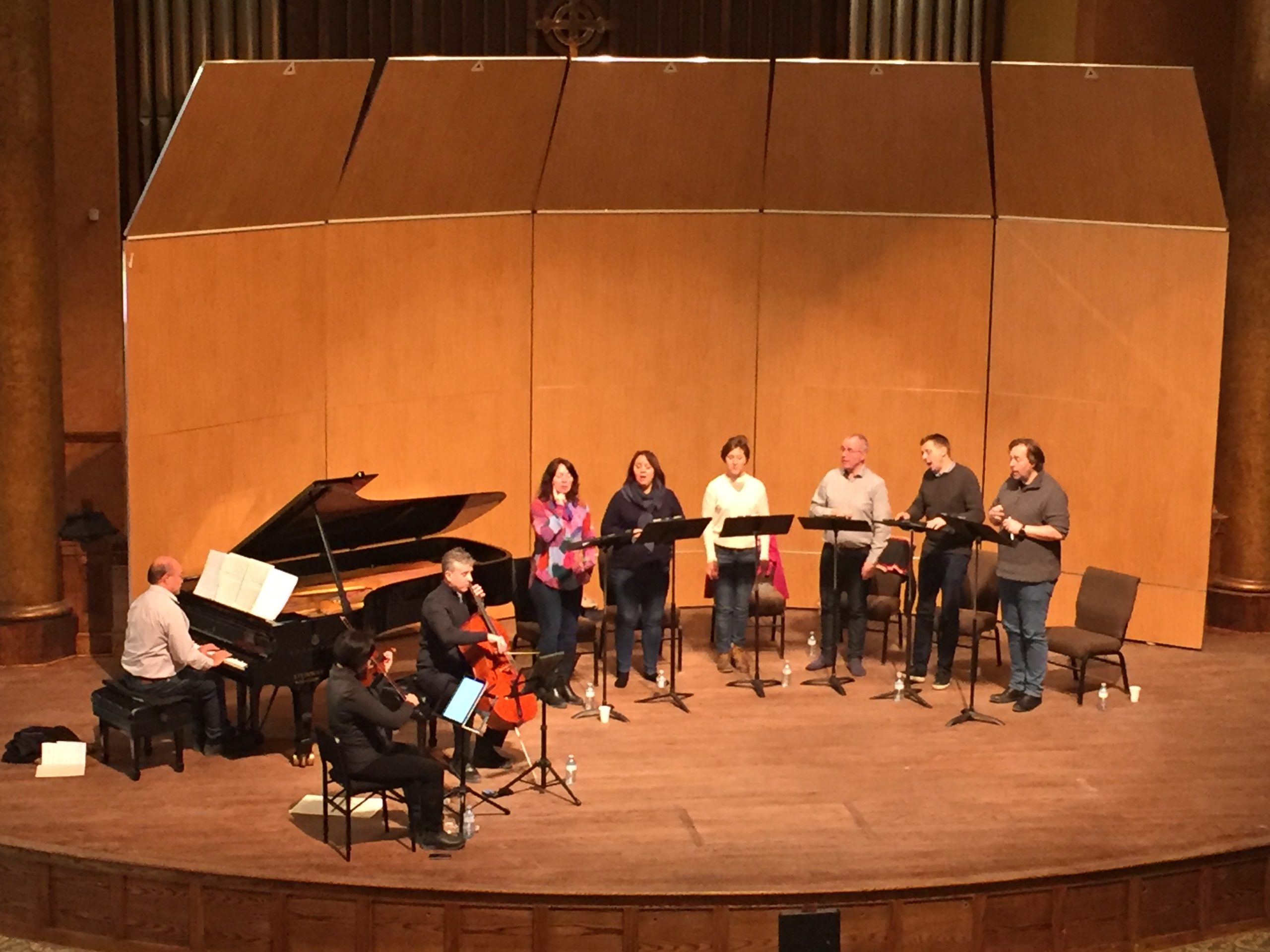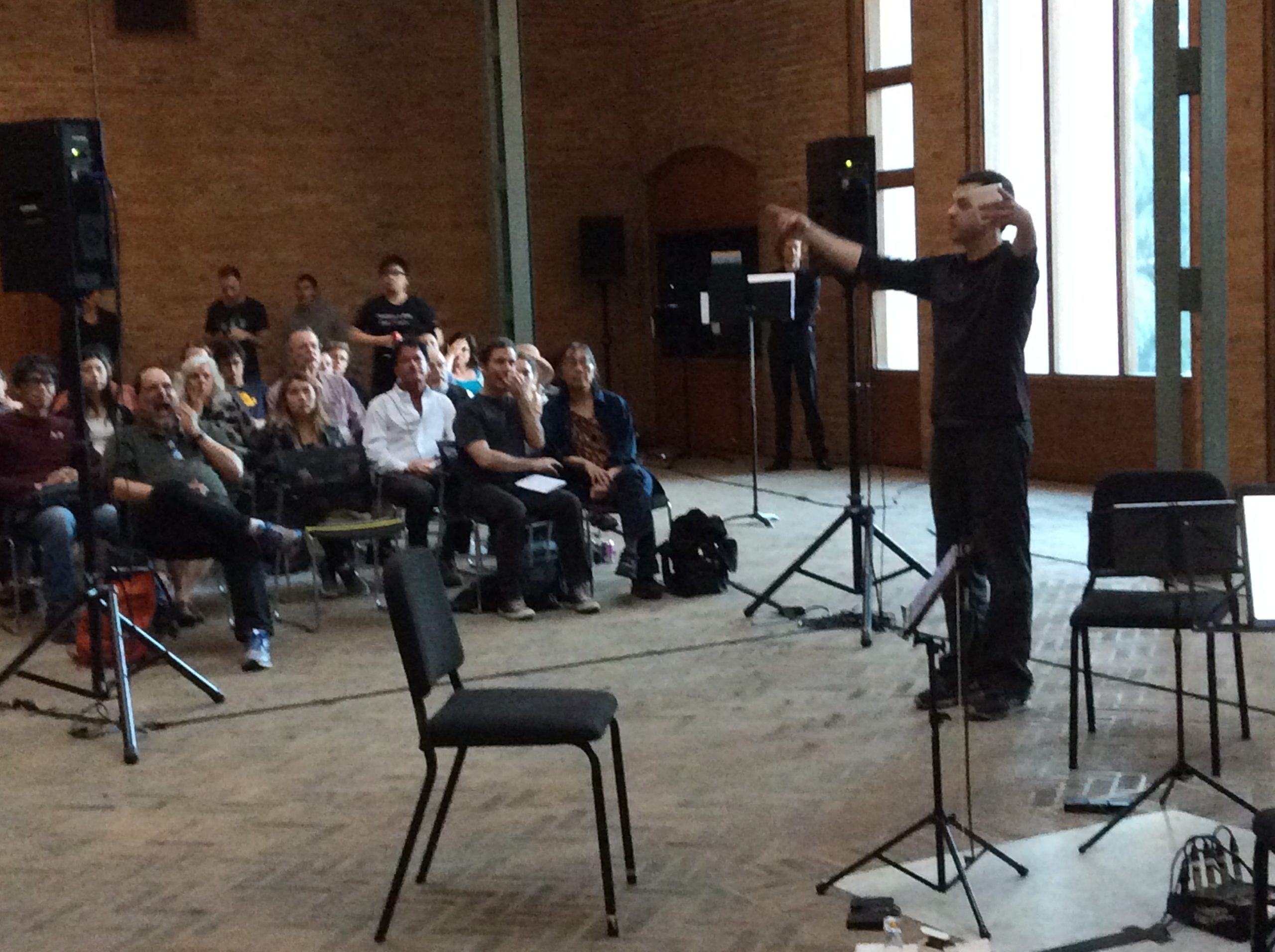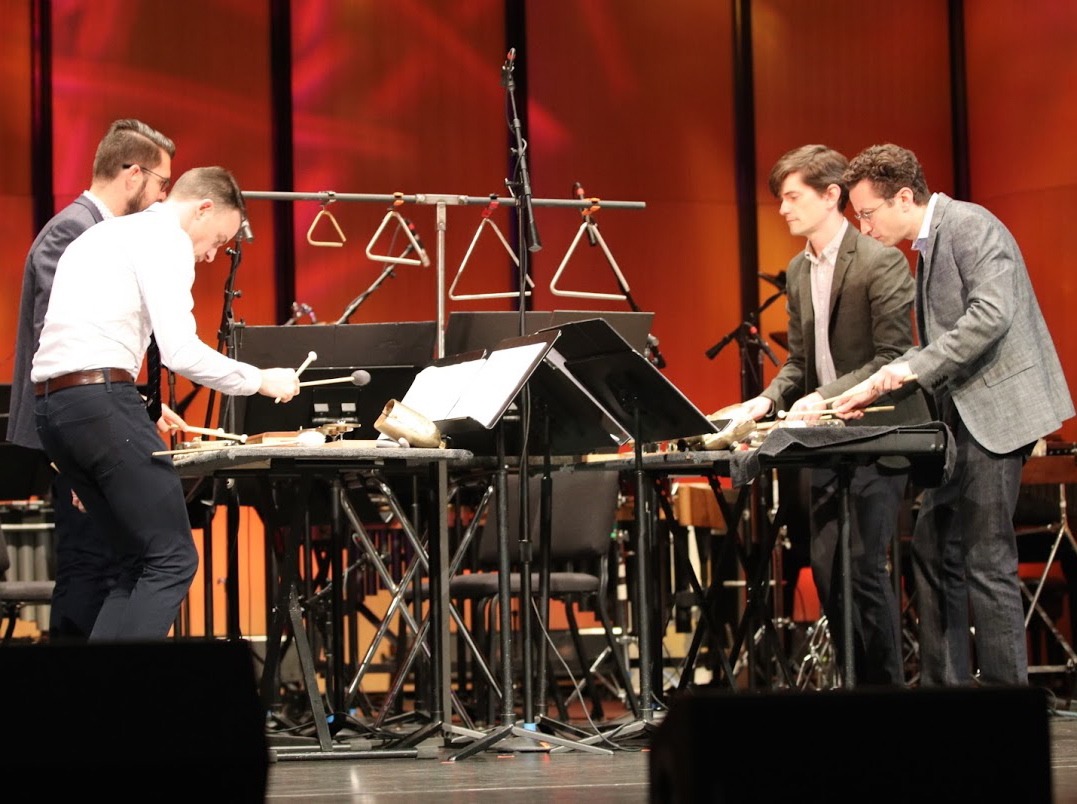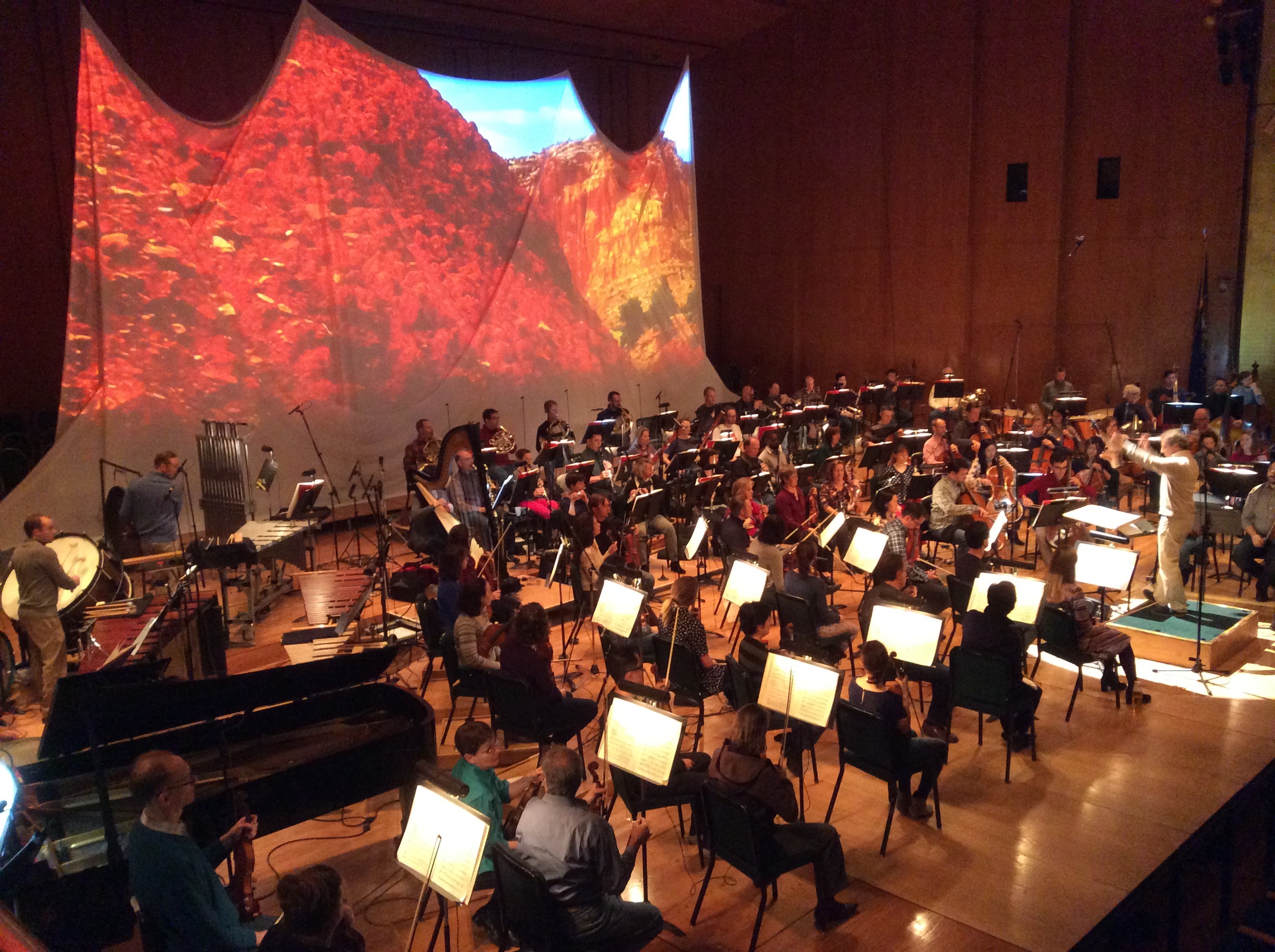Augusta Read Thomas’ Dance Foldings premiered on August 8th to an audience of some 3,500 at the Royal Albert Hall in London, England, with composer Augusta Read Thomas (Gusty) in the audience. The BBC National Orchestra of Wales, under the baton of Ryan Bancroft, opened the evening’s concert with their world premiere performance of Gusty’s piece on the science-inspired theme of protein folding. The entire concert, headlined by Gusty’s piece, can be heard at this link (active from 9th August through 6th September 2021), which features a charming BBC conversation with Gusty about her conceptions, orchestration, and views of the piece and its geeky yet artistically inspiring topic.
The critics have praised this new and exciting work with wonderful allusions to the musical style and content:
Richard Fairman, The Financial Times, August 10, 2021
“The lightly dancing rhythms of this effervescent score are indeed infectious.”
Andrew Clements, The Guardian, London, August 10, 2021
‘Four of the new works at this year’s Proms have been commissioned to mark the 150th anniversary of the Royal Albert Hall, the permanent home of the summer season since 1945. The pieces are intended to reflect the hall’s founding ambition to promote both the arts and science, and so the first of them, Augusta Read Thomas’s Dance Foldings, had been inspired by the mechanisms of protein assembly – by the ways in which amino acids link into chains, and the intricate 3D foldings of those chains to create the final proteins.
It began with the BBC National Orchestra of Wales’s American-themed programme under Ryan Bancroft, and proved an excellent concert opener. Cast in the form of a scherzo, Dance Foldings is bound together by a web of motifs that ricochet off each other, combine to form longer lyrical lines and sometimes freeze into moments of stasis. It is cheerful, unpredictable and colourfully scored music, with explosive percussion punctuations, and BBCNOW seemed to relish playing every moment of it.’
Bernard Hughes, The Arts Desk, London, August 9, 2021
“The music is fast, active, skittery and spontaneous, as musical events – edgy pizzicato cellos, darting woodwind – trigger other events in a never-ending musical chain reaction. The transparent textures suggest line drawing rather than painting, although the orchestration was endlessly colourful. The pointillism of the scoring reminded me of Stravinsky’s late Movements, with a similar sparky wit.”

